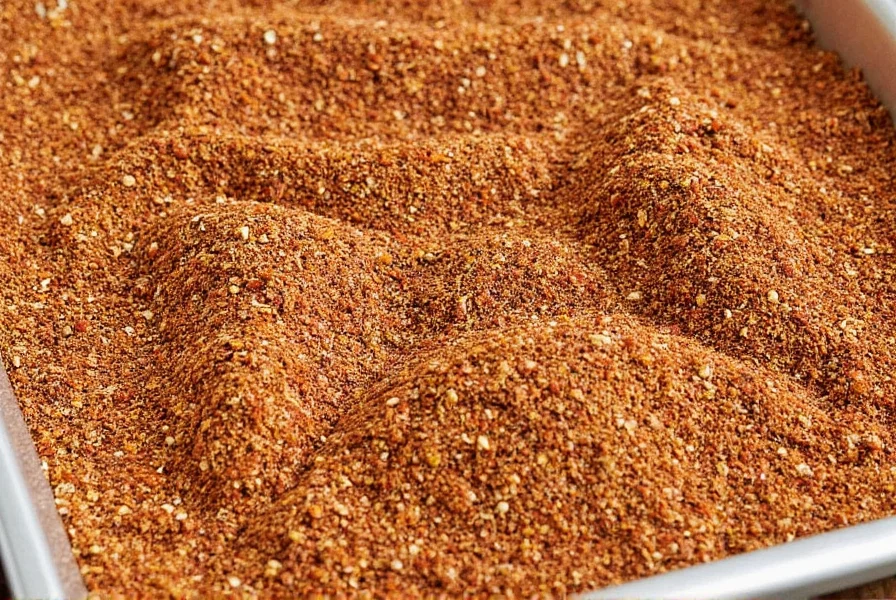
Table of Contents
- Step 1: Choose the Right Pan
- Step 2: Heat the Pan Correctly
- Step 3: Roast Spices Separately
- Step 4: Master Time and Temperature
- Step 5: Cool and Store Properly
- Buying Guide: Best Tools for Dry Roasting
- Conclusion: Unlock Perfect Spice Flavor
- FAQ: Dry Roasting Questions Answered
Step 1: Choose the Right Pan
Using the correct pan is critical for even heat distribution. A heavy-bottomed skillet prevents hot spots that burn spices. Avoid thin or warped pans that cause uneven roasting.
Common Mistake: Using lightweight non-stick pans or cheap stainless steel skillets that heat unevenly, leading to burnt spices on one side and undercooked on the other.
Fix It: Opt for cast iron or heavy-gauge stainless steel pans. These retain consistent heat and distribute it evenly across the surface.
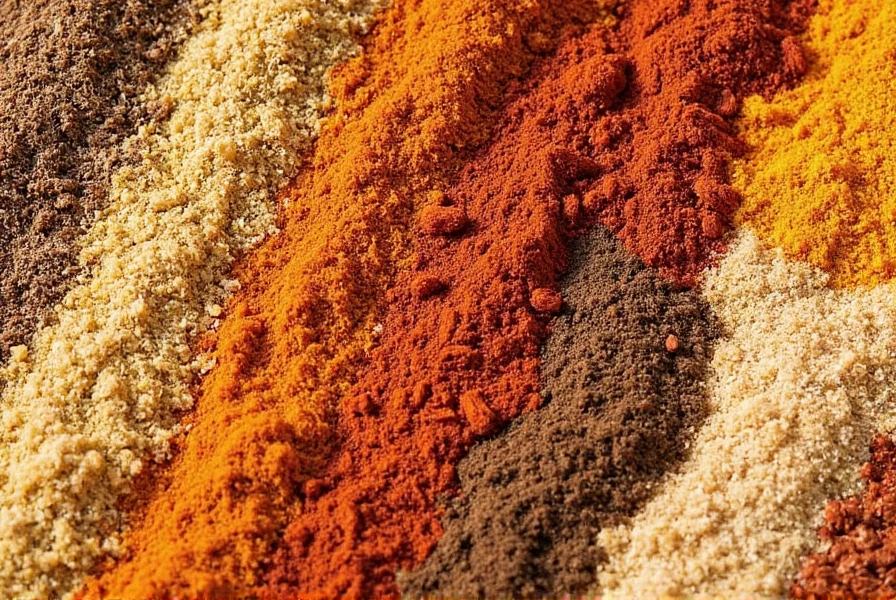
Step 2: Heat the Pan Correctly
Start with a cold pan and gradually increase heat to medium-low. This prevents sudden temperature spikes that scorch delicate spices.
Common Mistake: Preheating the pan to high heat before adding spices, which causes immediate burning.
Fix It: Place spices in the cold pan, then turn heat to medium-low. Stir constantly for 1-2 minutes until fragrant. Never walk away from the pan.
Step 3: Roast Spices Separately
Different spices have varying densities and oil contents. Roasting them together causes uneven cooking—some burn while others remain underdeveloped.
Common Mistake: Dumping all spices into one pan at once, especially when making blends like garam masala.
Fix It: Roast each spice type individually in separate batches. Start with dense seeds (mustard, cumin), then move to lighter spices (fennel, coriander).
Step 4: Master Time and Temperature
| Spice | Ideal Heat | Roast Time | Aroma Check |
|---|---|---|---|
| Cumin Seeds | Medium-Low | 1–2 minutes | Nutty, earthy |
| Fennel Seeds | Medium-Low | 1.5–2.5 minutes | Sweet licorice |
| Coriander Seeds | Medium-Low | 2–3 minutes | Warm citrus |
| Mustard Seeds | Medium | 30–60 seconds | Popping starts |
| Black Peppercorns | Medium-Low | 1–1.5 minutes | Sharper bite |
Common Mistake: Ignoring spice-specific timing, leading to underdeveloped or burnt flavors.
Fix It: Use a timer for each spice. Smell the spices frequently—they should emit a rich, nutty aroma when ready. Never rely solely on visual cues.
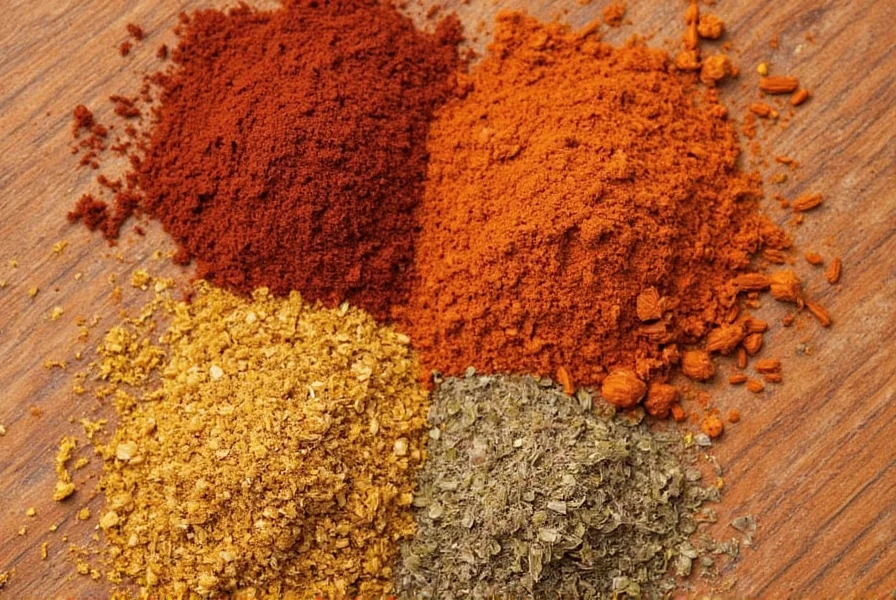
Step 5: Cool and Store Properly
Spices continue cooking from residual heat after removal from the pan. Cooling them immediately stops this process and preserves volatile oils.
Common Mistake: Grinding spices right after roasting or storing them hot, which traps moisture and reduces shelf life.
Fix It: Spread roasted spices on a clean plate or baking sheet. Let them cool completely (5-10 minutes) before grinding or storing in airtight containers away from light.
Buying Guide: Best Tools for Dry Roasting
1. Best Pan for Dry Roasting: Lodge Cast Iron Skillet
- Features: Even heat distribution, durable, retains heat well
- Advantages: Perfect for slow, consistent roasting
- Use Cases: Ideal for small to medium batches of cumin, coriander, mustard seeds
- Target Audience: Home cooks and spice enthusiasts
- Suitable Occasions: Daily use, meal prep, spice blending
2. Premium Option: Staub Cast Iron Skillet
- Features: Black matte interior, excellent heat retention
- Advantages: Enhanced browning and caramelization
- Use Cases: Serious spice lovers and culinary hobbyists
- Target Audience: Foodies and serious home chefs
- Suitable Occasions: Weekend roasting, gifting, spice-making parties
3. Budget-Friendly Pan: Tramontina Stainless Steel Skillet
- Features: Lightweight, affordable, conducts heat well
- Advantages: Great starter pan
- Use Cases: Quick spice roasts, beginners
- Target Audience: Newcomers to spice roasting
- Suitable Occasions: Casual weekday cooking
4. Best Manual Grinder: Lido Hand Coffee Mill (Adjustable Settings)
- Features: Adjustable grind settings, sturdy build
- Advantages: Precise control over grind size
- Use Cases: Grinding roasted spices to coarse, medium, or fine texture
- Target Audience: Serious spice crafters
- Suitable Occasions: Custom spice blends, garam masala, dukkah
5. Best Electric Spice Grinder: Krups GX4100 Precision Grinder
- Features: Pulse function, multiple grind settings
- Advantages: Fast and consistent grinding
- Use Cases: Grinding large batches quickly
- Target Audience: Busy professionals and food bloggers
- Suitable Occasions: Meal prep, spice refills, hosting guests
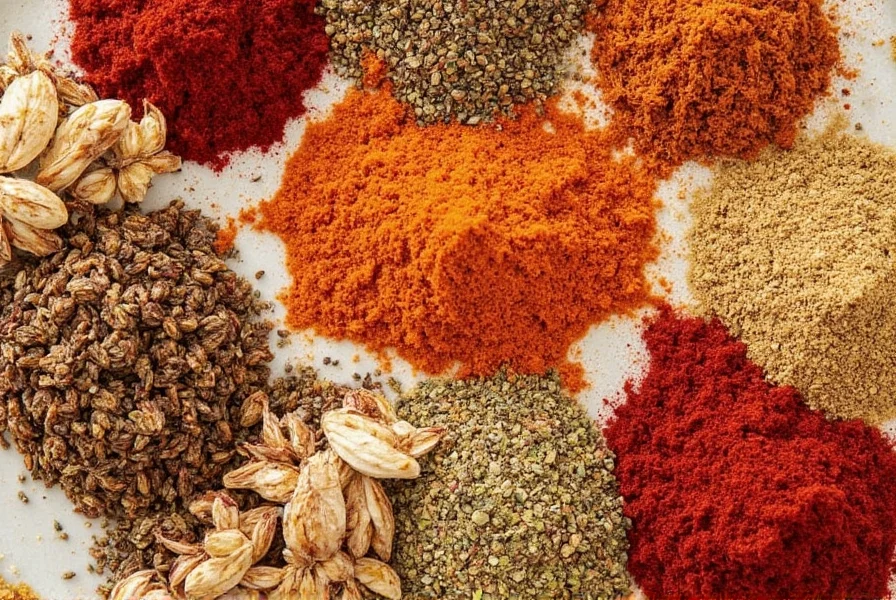
Conclusion: Unlock Perfect Spice Flavor
Dry roasting spices is simple when you follow these five proven steps. By choosing the right pan, controlling heat, roasting separately, timing precisely, and cooling properly, you’ll transform basic spices into flavor powerhouses. Remember: patience and attention to detail are key. Your dishes will thank you with deeper, more complex flavors in every bite.
FAQ: Dry Roasting Questions Answered
What is dry roasting and why should I do it?
Dry roasting is the process of heating whole spices in a dry pan without oil to release their essential oils and enhance flavor compounds. This technique transforms raw, sometimes grassy-tasting spices into deep, nutty, aromatic powerhouses that significantly elevate your dishes. It’s a simple but crucial step that can turn basic ingredients into flavor bombs.
How do I know when spices are properly roasted?
Properly roasted spices will change color slightly (usually becoming darker), become fragrant with a nuttier aroma, and may start to crackle or pop. The best indicator is your nose—when the aroma becomes noticeably richer and more intense (think nutty for cumin, sweet licorice for fennel), they’re ready. Always err on the side of under-roasting rather than over-roasting, as burnt spices become bitter.
Can I dry roast pre-ground spices?
No, you should never dry roast pre-ground spices. Ground spices have a much larger surface area and will burn almost instantly when exposed to direct heat. Dry roasting should only be done with whole spices before grinding. If you already have ground spices, the best approach is to add them later in the cooking process to preserve their flavor.
How long do dry roasted spices last?
Whole roasted spices stored in airtight containers away from light and heat will stay fresh for 3-4 months. Ground roasted spices lose their potency much faster and should be used within 1-2 months for best flavor. The key is to roast only what you’ll use soon and to store them properly—never in the refrigerator where moisture can ruin them.
What’s the difference between dry roasting and toasting spices?
In culinary terms, dry roasting and toasting spices are essentially the same process—heating spices without oil to enhance their flavor. Some cooks use "roasting" for oven methods and "toasting" for stovetop methods, but the technique and purpose are identical. The key is dry heat application to the whole spices before use.
Can I use the oven instead of a pan for dry roasting?
Yes, you can use a low-temperature oven (around 300-325°F or 150-160°C) for dry roasting spices. Spread them in a single layer on a baking sheet and roast for 5-10 minutes, stirring occasionally. However, stovetop roasting gives you more control and immediate feedback through sight and smell, which is why most chefs prefer the pan method for small batches of spices.
Should I wash spices before dry roasting them?
No, never wash whole spices before dry roasting. Moisture is the enemy of proper dry roasting—it creates steam instead of dry heat, preventing the Maillard reaction that develops flavor. Whole spices are cleaned during processing, so they’re ready to roast straight from the container. If you’re concerned about cleanliness, simply dry roast them as is—the heat will sanitize them.
What are the best spices to dry roast for beginners?
For beginners, start with cumin seeds, coriander seeds, and mustard seeds. These are relatively forgiving and have clear visual and aromatic cues when properly roasted. Cumin should become deeply fragrant with a nutty aroma, coriander develops a warm citrus scent, and mustard seeds will begin to pop. These three provide excellent practice before moving to more delicate spices like cardamom or fenugreek.
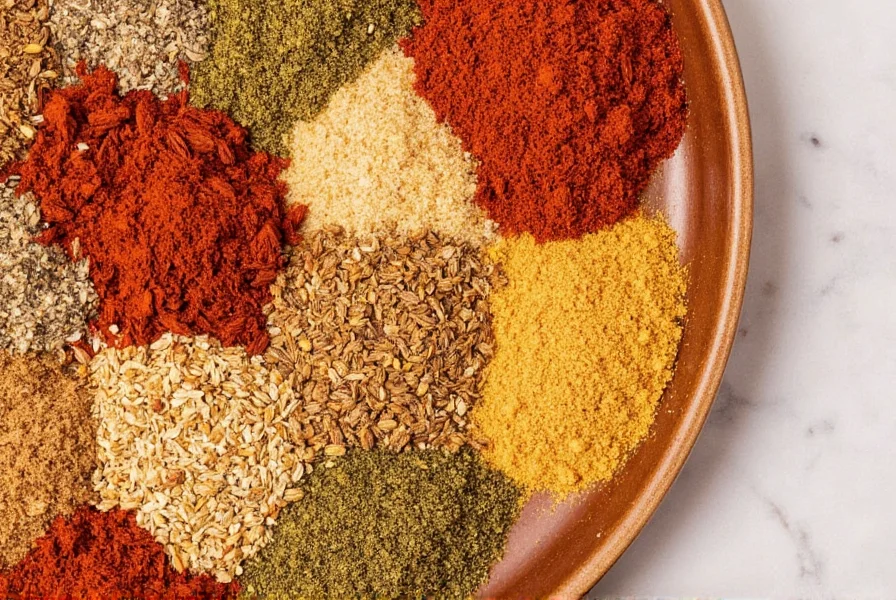
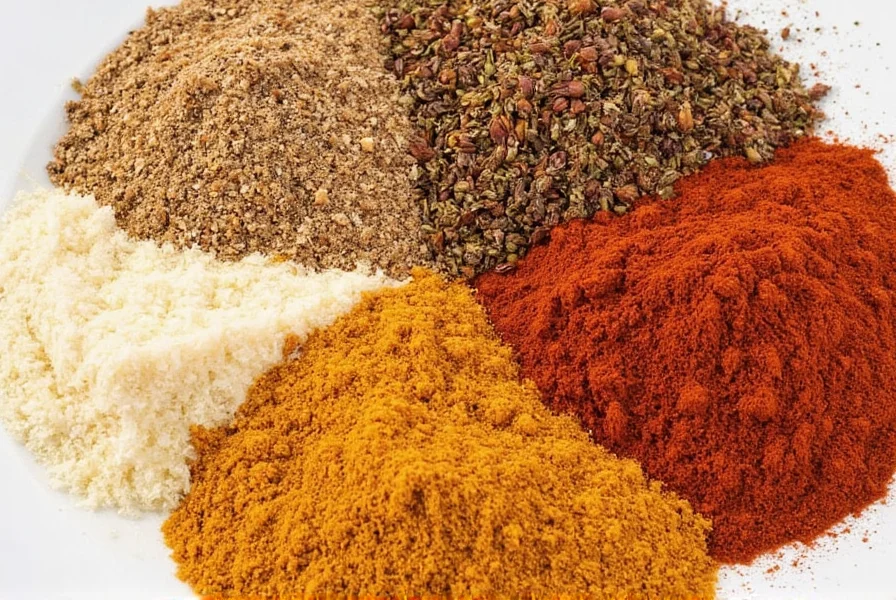

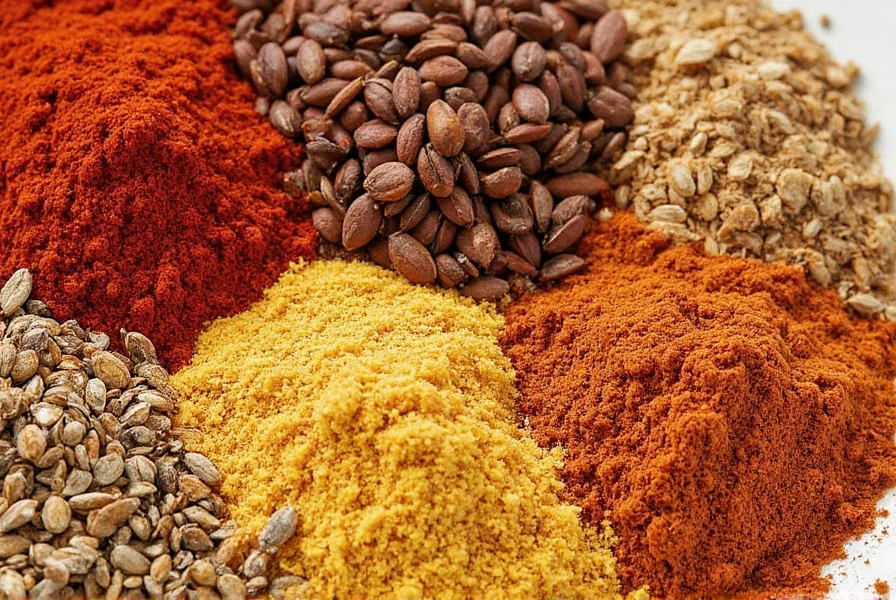









 浙公网安备
33010002000092号
浙公网安备
33010002000092号 浙B2-20120091-4
浙B2-20120091-4